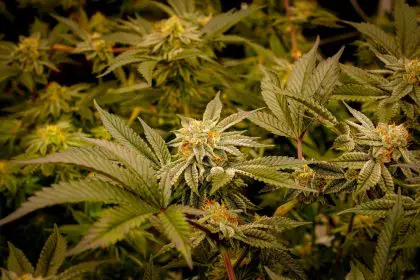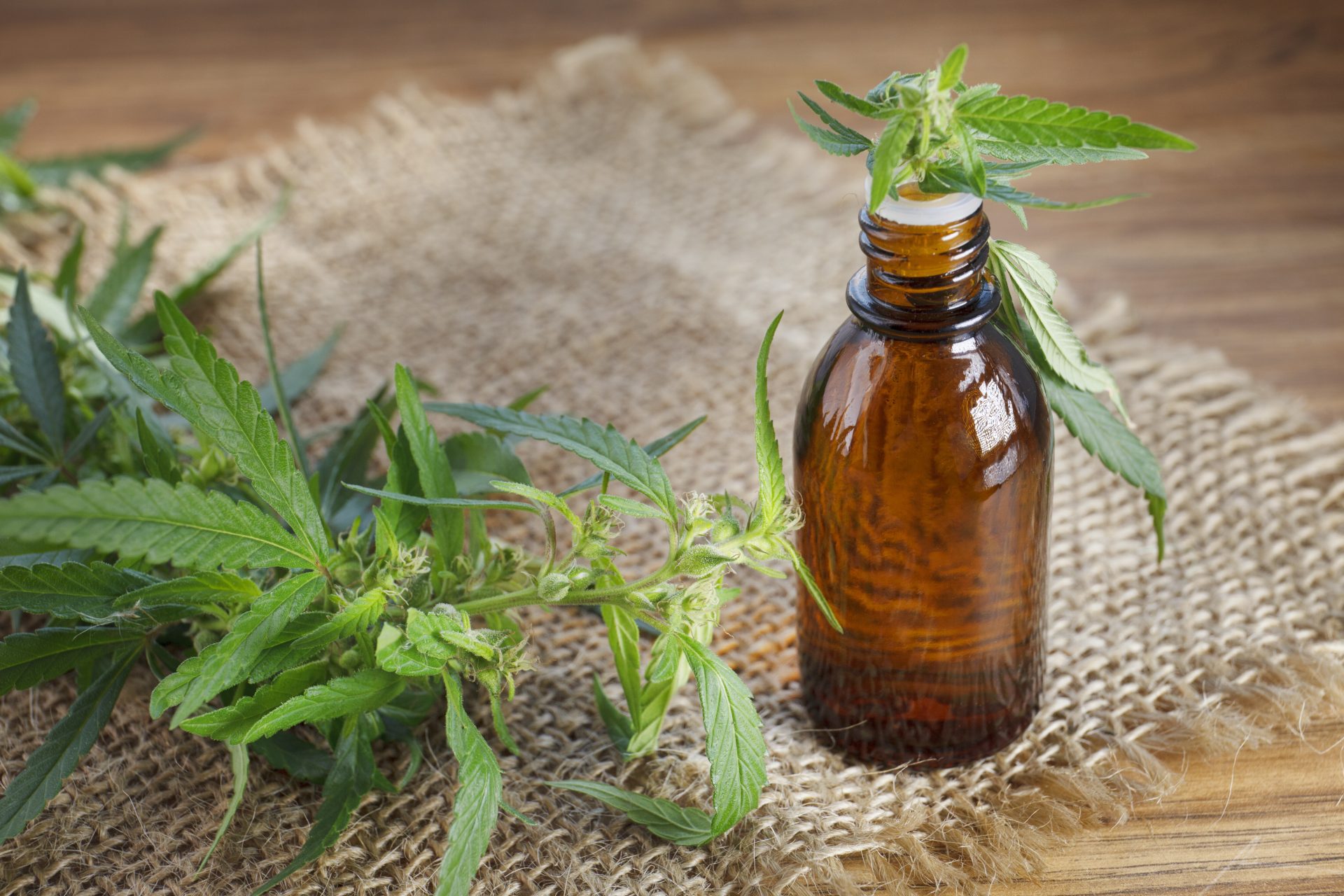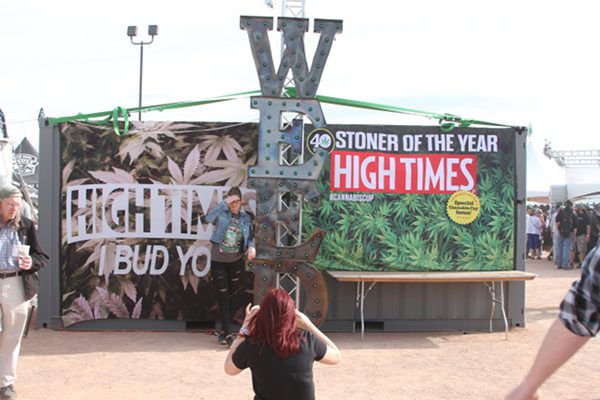
The infamous smog hovering above Los Angeles may be a marijuana cloud rather than fumes from collective car exhaust. In fact, You could get off the plane at the Los Angeles International Airport [LAX] and walk in any direction blindfolded and you’re bound to bump into a marijuana store or cannabis dispensary. Weed outlets have now dotted this vast urban landscape nearly
as much as liquor stores and churches.
“As a matter of fact, there were more marijuana dispensaries in the city of Los Angeles than there were Starbucks stores,” said Robert McMahon of the Los Angeles County Sheriffs Department, pointing out that there were between 600 to 800 such dispensaries open in the city before the L.A. district attorney and law enforcement cracked down.
Now that’s a lot of cannabis cultivation.
Despite this dubious distinction, however, the support to decriminalize marijuana, making casual weed smoking legal in California, has waned in recent months, insinuates pro-hemp advocate and lawyer Bruce Margolin

“With the way things are going right now, who knows if we will get enough support for the passage of a bill to legalize marijuana,” Margolin said. “The prospects of getting this on the ballot is lost right now.”
The loss of support may be due to what city officials and law enforcement officers see as the hidden social costs of making widespread blunt passing legal. The specter of having stone-out-of-their-minds users grabbing a hold of the wheel is scary enough. Moreover, some officials, particularly former LAPD police chief-turned city councilman Bernard Parks, believe that the state should not sell it’s soul to the devil to raise money to save the California from financially collapsing on itself. As most people know, the devil always returns at the most advantageous time to collect on the agreement.
In spite of it, law enforcement anticipate some measure similar to Proposition 19 to receive a strong push as it gets closer to election time. Celebrities such as actor Danny Glover and singer Melissa Etheridge led a press conference in West Hollywood, Calif., a few weeks ago to put some star power behind the measure that has lost much of its luster in 2011.
“We don’t know how it would be regulated. It’s too soon for us to know. Once we see the final version of how it’s going to be worded on the ballot, then we’ll have more of an ability to forecast of what the fallout might be,” McMahon said.
But, “anytime that an intoxicant is made legal there are social costs associated with it. And I point to cigarettes and alcohol as examples. We’re talking about loss of work and collisions.”
Attorney Margolin obviously disagrees, proffering the theory that police would have fewer reasons to bust and jail low-level minority users and dealers, particularly African Americans whom have been on the wrong side of selective enforcement and prosecution. The overcrowded jails — and the colossal costs associated with it — have played a major factor in bringing the state to the brink of crumbling under the tremendous weight of its fiscal accountability.
Margolin argues that making marijuana legal would stabilize the state in the short term until the state and national economy can finally rebound.
“I think it would be one of the beautiful, wonderful things that has ever happened to our state,” Margolin said, adding that it would bring untold millions of dollars of desperately needed tax revenue to stave off bankruptcy in many cities leaning perilously over the cliff of sustainability.
– terry shropshire














